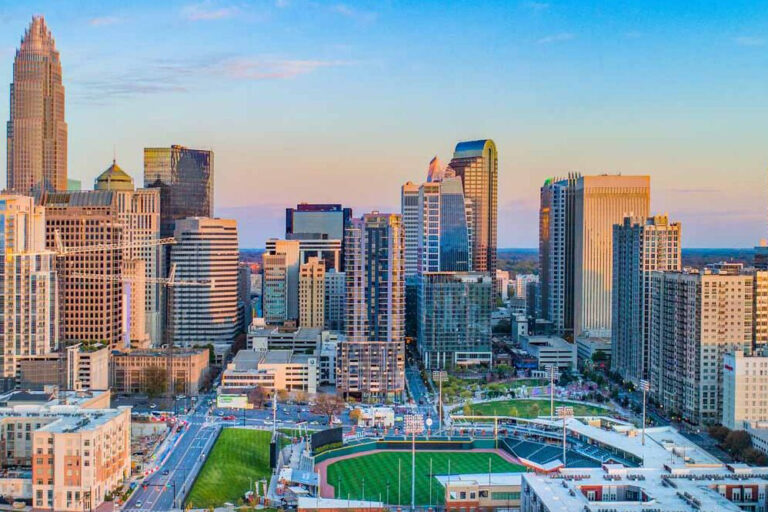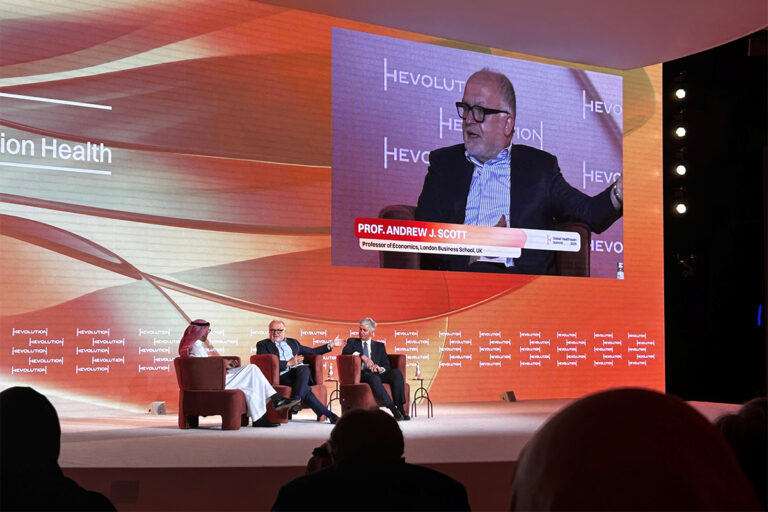With a projected cost of around $11 billion, the Rio 2016 Olympics looks like a relative bargain compared to the price tag for the Sochi 2014 Winter Games, which topped $50 billion. Even so, in the context of the country’s current economic woes, some at home and abroad have questioned how Brazil would pay for the Games without going deeper into the red.
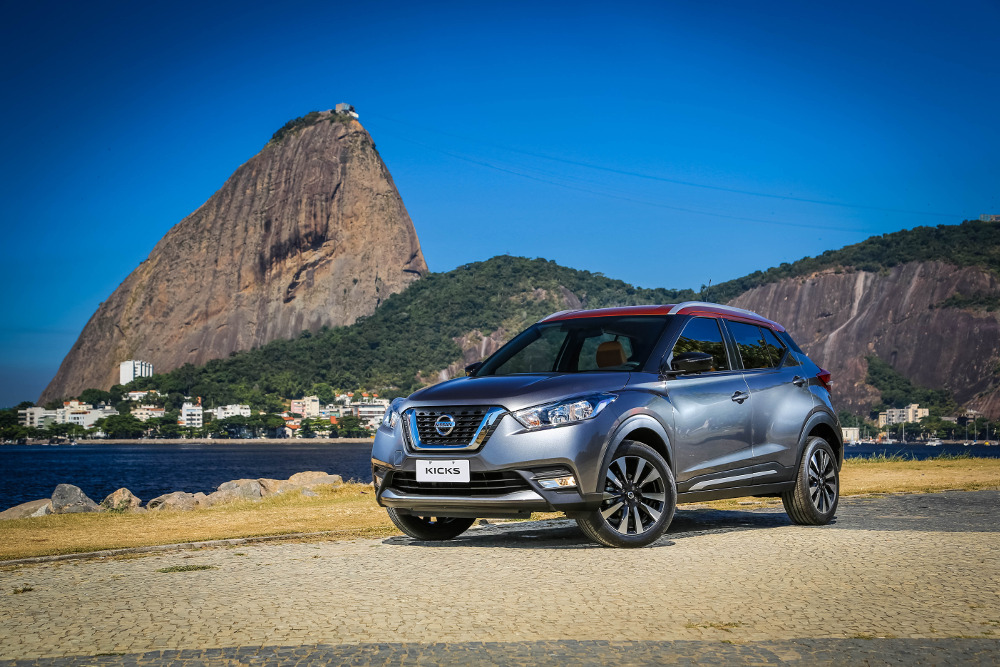
“We have no debt and no loans. Our legacy is to prove it is possible to run economically sustainable Games.” Sidney Levy, CEO, Rio 2016 Organizing Committee
According to Sidney Levy, CEO of the Rio 2016 Organizing Committee, the answer is simple—get corporate sponsors on board early to ensure the budget is balanced from start to finish: “ It was very important for us to send a message that it is possible to run things on time, on budget, and in a visible way,” he says. “ The reason we were able to raise so much is that sponsors bought into our story of clean, fit and fun Games. Clean because everybody is transparent. Fit because there is no waste. And fun because we are in Rio.”
In February 2012, after six months of negotiations, Nissan signed on as the fifth tier-one partner and automotive sponsor for the Rio 2016 Olympic and Paralympic Games. The agreement included the provision of 4,500 electric and conventional vehicles from Nissan’s range to transport athletes, officials and partners around the city. At the same time, the Japanese automaker committed to developing social programs leading up to and beyond the celebration of the Olympics this summer, to make a lasting contribution to the Games’ legacy.
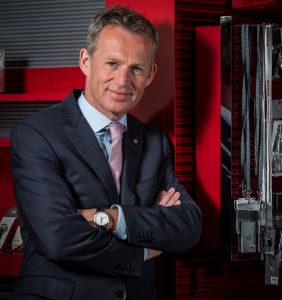
“We sponsored the Olympics in Brazil because we want to really grow here,” explains Roel de Vries, Nissan’s corporate vice president and global head of marketing and brand strategy. “It’s a strategic market for us. First, we built a big factory in the Rio area. Then, we sponsored the Olympics to position ourselves as a brand that is committed to Brazil, in Brazil and for Brazil.”
Nissan has long linked its promotional efforts to sports, sponsoring soccer, with the UEFA Champions League; basketball, via the NBA in China; the Cricket World Cup, and college sports in the U.S., to reach huge numbers of sports fans and potential car buyers worldwide: “’Innovation that excites’ is our tagline,” De Vries notes, “ and we feel sports is a very good match. Athletes continuously innovate to win or set records, which in turn creates exciting moments to watch. In this case, we are targeting a wide Brazilian audience with a specific message around our commitment to the country.”
“If you want to build a brand, you need to be part of people’s lives.”
Roel de Vries, Corporate VP, Global Head of Marketing and Brand Strategy, Nissan
Nissan has only been present in Brazil since 2000, but has already made major investments for the long term. It has built a network of 160 dealerships nationwide to sell its local range of cars, trucks and SUVs, designed to appeal to every market segment. Nissan’s first domestically manufactured vehicle rolled off the assembly line at the Renault-Nissan Alliance plant in Paraná State in 2002. Since April 2014, the company has been producing its March and Versa models, as well as two dual-fuel engines, at its $730-million Resende Industrial Complex in the state of Rio de Janeiro.
Nissan is committing much more than capital to the country. In its first sponsorship year, the company created Team Nissan to support Brazilian athletes on their own road to the Games. Mentored by former medalists like basketballer Hortencia Marcari and swimmer Clodoaldo Silva, 31 Olympians and Paralympians have been given financial help with training and other costs in their quest to bring home medals of their own.
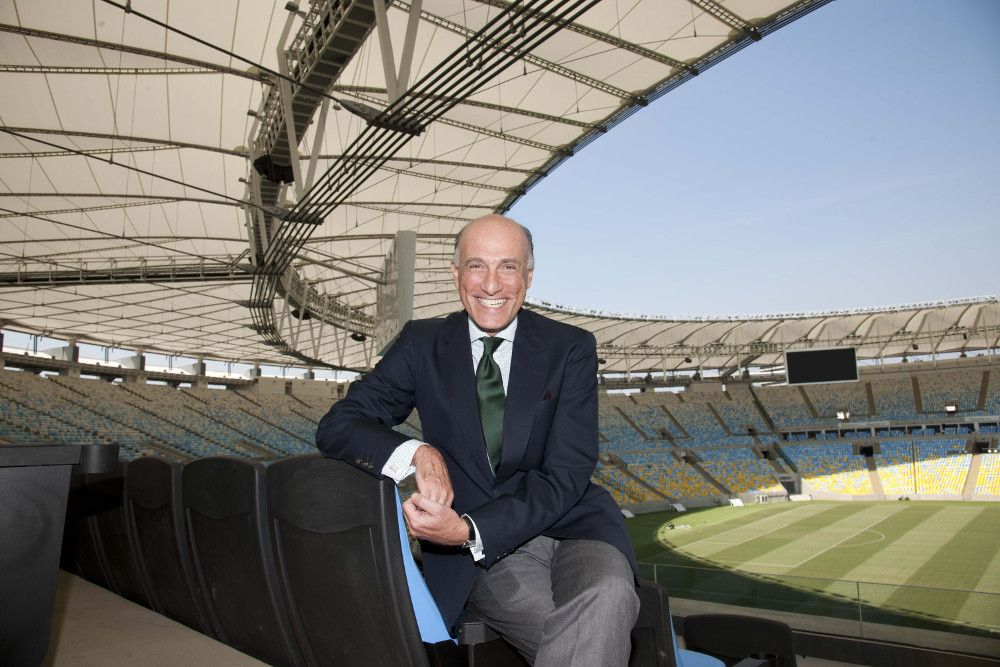
In June 2013, the automaker set up the Nissan Institute to oversee its social responsibility activities in Brazil, the first body of its kind the corporation has established worldwide. Focusing on mobility, sustainability, and community issues, the Nissan Institute provides free education and vocational training to improve healthcare and social support services across the country.
“We want to do something for the people of Brazil,” De Vries insists, “to be part of making the Games successful and be part of the local community, part of the discussion.”
Nissan’s newest model, the Kicks crossover, made its Olympic debut on May 3, with 40 cars accompanying the Torch Relay to 300 towns and cities on its journey from the capital, Brasilia, to the opening ceremony in Rio on August 5, coinciding with its global launch. The official car of the Rio 2016 Olympic and Paralympic Games, the Nissan Kicks is a bigger and more muscular version of Nissan’s successful Juke: “We feel this is a fantastic strategy to get into the hearts of Brazilians,” De Vries says, “and to give them the car that is hot at the moment.”![]()







